Infant Sleep Associations
When most parents hear the phrase sleep associations, their first thought is often bad habits. Feeding to sleep, rocking, or using a soother can carry a heavy weight of guilt or shame. But here’s the truth: sleep associations are not bad habits. They are natural, universal, and—most of the time—helpful.
Think about how you like to fall asleep. Maybe you fluff your pillow just so, listen to a podcast, or settle in with a meditation. Those are sleep associations, too. Babies, just like adults, connect certain cues with rest.
What Sleep Associations Really Are
Sleep associations are simply the cues that tell your baby’s body and brain it’s time for sleep. They can be as simple as: feeding, rocking, a pacifier, a lullaby, or the comfort of a dark room and white noise. Even a consistent bedtime routine—bath, book, cuddle—becomes a powerful signal.
None of these is inherently good or bad. They are simply connections to sleep that get made over time, so that having them happen is associated with sleep onset.
The question you ask yourself may be, “Is this sleep association a bad habit?”. But you may, instead, want to ask: “Does this work for my baby and for me?”
Helpful vs. Challenging Associations
Helpful associations are the ones that feel predictable, sustainable, and comforting. Maybe it’s drawing the blinds, slipping on a sleep sack, and singing a familiar song. If it’s repeatable and you enjoy it, and it becomes linked to sleep, it’s a helpful sleep association.
Associations become challenging only when they stop working for your baby—or for you. Rocking may feel wonderful with a newborn, but exhausting with a 20-pound toddler. Feeding might once have led to sleep every time, but now it doesn’t. If something feels unsustainable, that’s your cue to consider a gentle change.
Building Sleep Associations That Work
If something is no longer working, or you want to strengthen your baby’s bedtime routine through sleep associations, you don’t need to throw out what you’re already doing. Instead, think about layering in simple, consistent cues that feel good for both of you. You might shorten how long you rock, or turn down the intensity of bouncing, while adding a lullaby or white noise. Over time, the new associations take root and the old ones often fade naturally.
Changes don’t need to be dramatic. Small, gradual shifts are often the most effective—and the least stressful.
Reframing the Worries
Let’s take a peek at some of the questions I get from parents about sleep associations and reframe them to something helpful. If you’ve ever thought:
Am I creating a bad habit? → Habits are how babies (and all of us) learn and feel secure. If it’s working, keep doing it. I can change it when it no longer serves us.
Will my baby always need this? → No. Needs change with development, and many associations fade on their own. If you’re ready to be done with it, you have the power to change it by finding another way to meet the need.
Am I doing it wrong? → If it’s working for your baby and for you, it’s right.
Final Thoughts
Sleep associations are not judgments or value statements –they are no longer “good” or “bad”.. They are the connections between wake and sleep. The key is noticing which ones feel supportive and which ones feel heavy. Keep the ones that work, let go of the ones that don’t, and don’t be afraid to add in something new that feels simple and enjoyable.
Bedtime routines don’t have to feel clunky or dreaded. They can be small rituals that you and your child both look forward to—a chance to end the day on a calmer, kinder note.
If this resonates with you,
Restack it (is that what sharing a Substack post is called?) with another tired parent who needs encouragement. Or go to familysleep.ca/blog for this and other blog posts about baby and child sleep.
Listen to Episode 58 of The Baby Sleep Connection podcast episode about Sleep Associations (Episode 58), head to familysleep.ca/podcast —it’s being published September 24th, 2025
Download a copy of my Podcast Listener Guide, which has my top episodes, favourite book recommendations for parents, and other resources.
Until next time, I wish you an uninterrupted period of restorative sleep,
Heather
